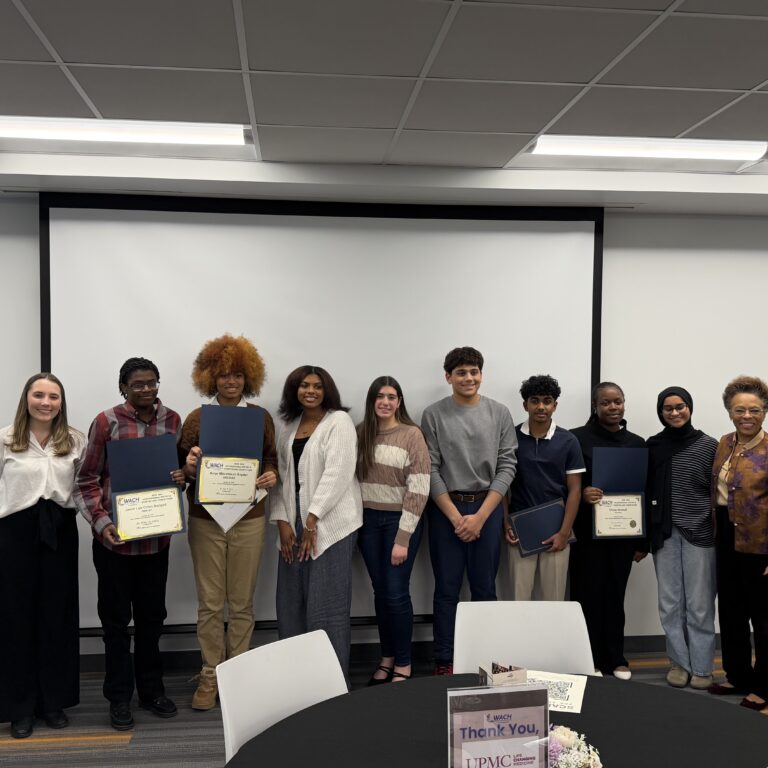Sponsor: Fredricksen Library

Join us each Thursday at 7 p.m. beginning Feb. 4 for a lively discussion of the most important international affairs topics of our time. We’ll have experts to offer remarks on the mini-documentaries covering the topics below, and participants will be able to ask questions and offer their own comments in the Zoom meetings.
Register Here Now!
We’re pleased to announce the topics for Great Decisions 2021. The eight topics are:
- Global Supply Chains and National Security. — Dr. Orit Frenkel, American Enterprise Institute, Washington, D.C. View Webinar
- Persian Gulf Security Issues. — Brian Katulis, American Enterprise Institute, Washington, D.C. — Feb. 11 View Webinar
- Brexit and the European Union — Dr. Sanjay Paul, Elizabethtown College – Feb. 18 View Webinar
- Roles of International Organizations in a Global Pandemic — Dr. Mehdi Noorbaksh — Feb. 25 View Webinar
- China’s Role in Africa. — Dr. Chris Dolan, Lebanon Valley College, March 4 View Webinar
- The Korean Peninsula. — Frank Aum, United States Institute of Peace — March 11 View Webinar
- NO GREAT DECISIONS ON MARCH 18
- Struggles Over the Melting Arctic. — Don Brown, March 25 View Webinar
- The End of Globalization? — — Dr. Mehdi Noorbaksh, April 1 View Webinar
Topic descriptions:
Global Supply Chains and National Security by Jonathan Chanis
The shutdown of global supply chains due to the Covid-19 pandemic brought to the fore an issue with the high level of global economic interdependence: what happens when one country is the main source for an item, say face masks, and then can no longer supply the item? Countries suddenly unable to meet the demand for certain supplies are faced with growing calls for economic nationalism. What are some of the lasting effects that the pandemic could have on global supply chains and trade? How would this affect national security?
Persian Gulf Security Issues by Lawrence G. Potter
The Persian Gulf remains tense as the rivalry between the regional powers of Saudi Arabia and Iran continues. Tensions escalated in early 2020 as the United States began to intervene in the Gulf, launching an airstrike that killed two Iranian military commanders. What are the historical influences that have led to these tensions? What role, if any, should the United States play? Is using military force a viable foreign policy option for 2021 and beyond?
Brexit and the European Union by Harris LaTeef
With the “Brexit transition period” coming to an end this year, the United Kingdom will formally leave the European Union at the start of 2021. With negotiations between the two entities continuing to stall, what does the future of Europe and the UK look like? Will the UK survive a possible Scottish vote to leave? Who will step up and take command of Europe now that Angela Merkel is out of the spotlight?
Struggles Over the Melting Arctic by Stephanie Pezard
U.S. President Donald Trump left many scratching their heads when it was rumored that he was looking to purchase the large island nation of Greenland from Denmark. While any potential deal seems highly unlikely, the event shows the changing opinion within the U.S. government toward engagement with the Arctic region. Because of climate change, large sheets of arctic ice are melting, exposing vast stores of natural gas and oil. With Russia and China already miles ahead with their Arctic strategies, can the U.S. catch up?
China’s Role in Africa by Cobus van Staden
The Covid-19 crisis has put a massive strain on what was growing a positive economic and political relationship between China and the continent of Africa. As Chinese President Xi Jinping’s centerpiece “Belt and Road initiative” continues to expand Chinese power, the response to the spread of Covid-19, as well as the African government’s growing debt to China, has seen pushback. What are some of the growing economic and political issues between China and Africa?
The Korean Peninsula by Scott Snyder
The Korean Peninsula is facing a defining era. Attempts by South Korean President Moon Jae-in and U.S. President Donald Trump to repair the rift between North and South have lost any momentum as Pyongyang continues to test long-range missiles for its nuclear weapons program. As the rift between the U.S. and China grows further, South Korea may end up in the middle of the two superpowers. What does the future hold for the U.S. relationship with the ROK?
Roles of International Organizations in a Global Pandemic by Mara Pillinger
The Covid-19 pandemic has thrust the World Health Organization (WHO) into the limelight, for better and for worse. While some of the Trump administration’s criticism of the organization is unfair, the response to the early stages of the pandemic left many experts wanting more from the WHO. What is the WHO’s role in responding to international pandemics? What can be done to improve the WHO’s response to future global health crises?
The end of globalization? By Anne O. Krueger
As the United States enters another election season, the merits and drawbacks of globalization are again being debated by the presidential candidates. With the passing of the Brexit vote and Donald Trump’s America First doctrine, protectionist policies have become more prevalent, challenging globalization. What is globalization and how will it be affected by protectionist trade policies? How will the United States and the world be affected by such policies? Is globalization really at an end, or in need of a refresh?



